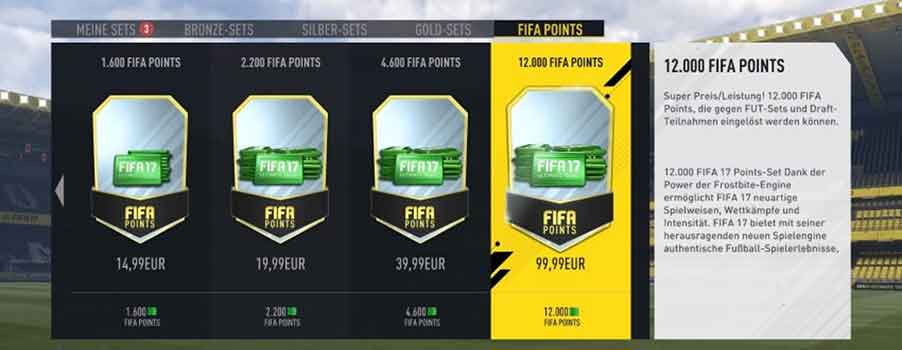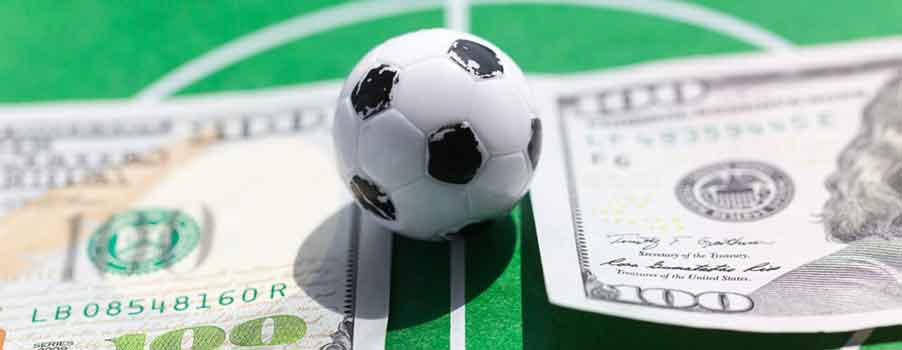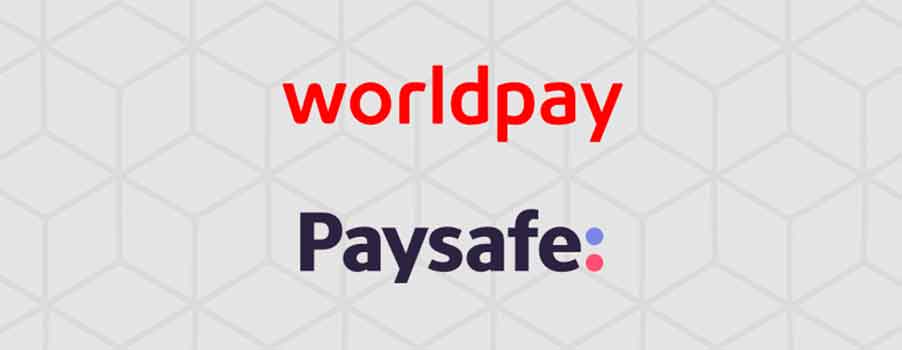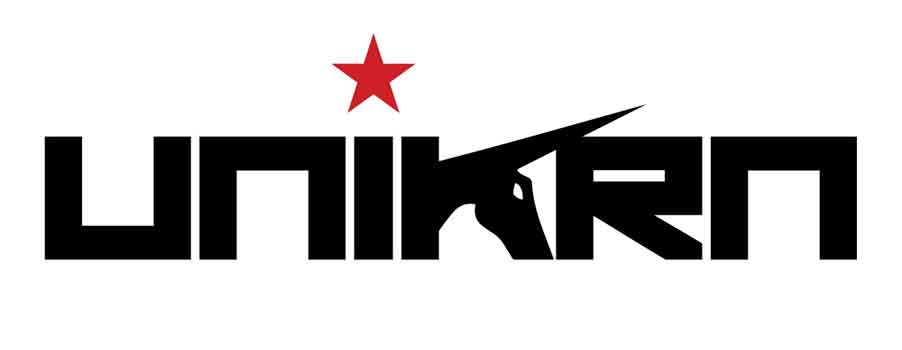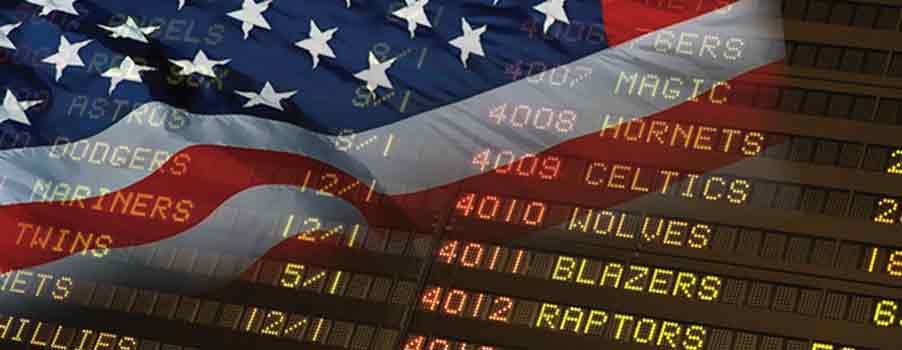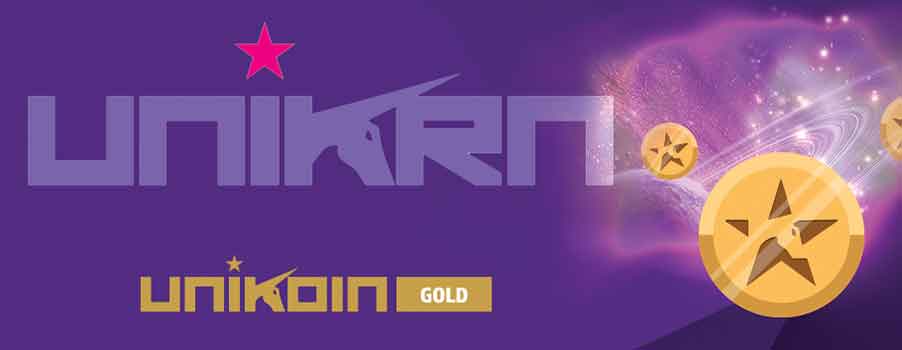After making history at the end of last year by becoming the very first blockchain-based casino to receive an official gambling license EOSBet decentralized application recently announced the next step in its journey toward mass adoption of crypto and blockchain. The platform has made its first big step in 2019 by launching a decentralized account system alongside a native bitcoin deposit and betting option.
After receiving its official gambling license, EOSBet became one of top-rated EOS dApps and it will be taking its proactive approach towards innovation into the future with its new and impressive betting option and its neat account system.
The EOS Account System
One of the biggest challenges experienced by users of blockchain technology is the numerous entry barriers that often come in the form of lengthy wallet setup processes among other things. The EOSBet system seeks to solve this problem by developing a system that allows users to deposit funds directly from any source thus eliminating the need for the use of any wallet or third-party software. Furthermore, the system will also cover all the blockchain costs for the players thus allowing them to enjoy the same gaming experience they would find at a tradition centralized casino on the decentralized one.
EOSBet’s account system, just like every other aspect of the platform, is decentralized and completely on-chain which means that all the actions are fully viewable on any block explorer. All the actions also eventually become part of the EOS blockchain and since the system is non-custodial, the players will always be in total control of their funds.
To make the experience even better, the EOSBet team chose to use a simple two-click sign up process that is not only very intuitive but also optimized to work seamlessly across a wide range of devices. With the new system, even people who do not have accounts with ESO can bet securely and get to participate in its very generous player rewards program.
Bitcoin Betting Is Officially Here!
While there have been a number of previous attempts at bitcoin betting with varying degrees of success, EOSBet has beat every other company to becoming the very first on-chain casino to natively accept bitcoin. As if that is not enough, the company plans to implement several other digital currencies in the near future. The betting platform works very well – all a player needs to do is to deposit bitcoin to their accounts, play instantly and then withdraw whenever they may wish to do so.
Both the betting option and the accounts system are slated to take the online gambling industry by storm and this is certainly going to play a huge role in the long-awaited mainstream adoption of digital currencies and blockchain. 2019 might be the year it finally happens.


